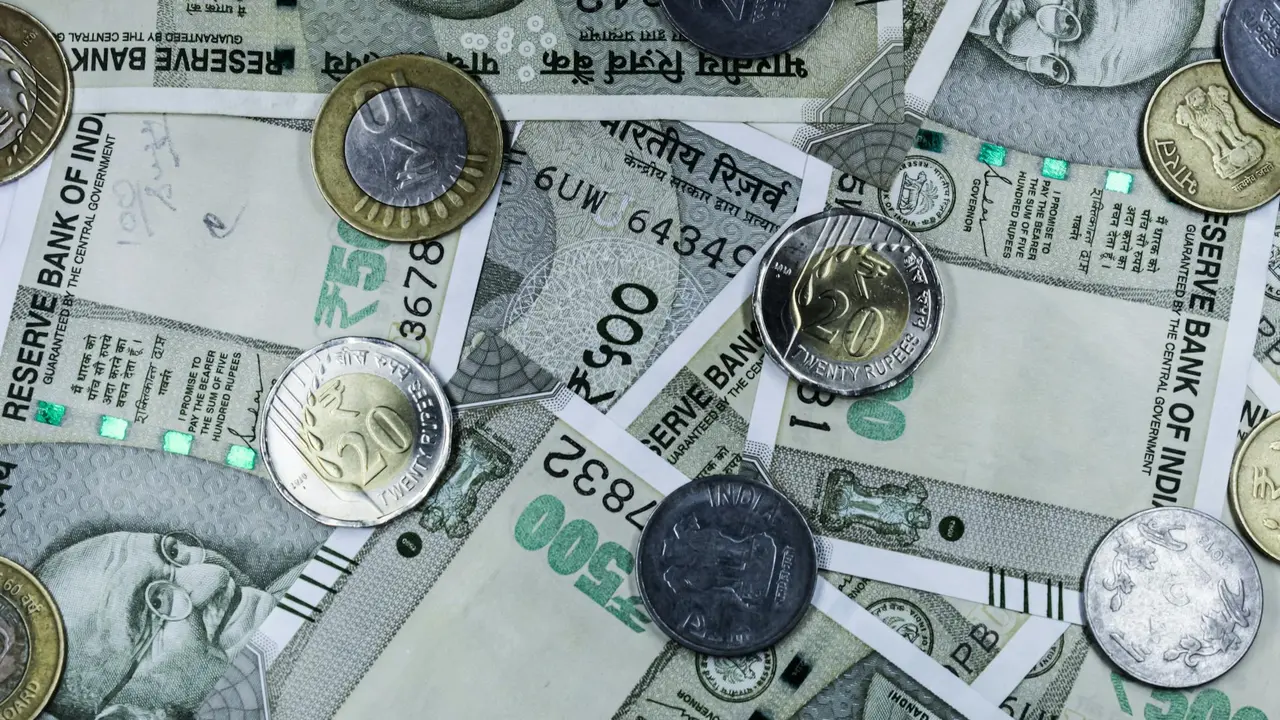Updated 21 March 2025 at 20:54 IST
How Much Cash Can You Legally Keep at Home in India? Know the Rules
While keeping cash at home is not illegal, lack of documentation and unexplained sources can attract heavy penalties.
- Republic Business
- 3 min read

In an age of digital transactions, many still prefer keeping cash at home for convenience or emergencies. But is there a legal limit to how much you can store? While Indian law does not impose a specific cap, large unexplained cash holdings can attract tax scrutiny and heavy penalties.
With increasing financial transparency and strict income tax regulations, it is essential to understand the legal framework to avoid unwanted trouble.
What Does the Law Say?
Though there is no restriction on the amount of cash an individual can keep at home, certain provisions under the Income Tax Act regulate its usage and accountability:
Section 69A: Any unexplained cash discovered during tax audits or raids is treated as income, attracting a 60% tax along with surcharge and cess.
Section 269ST: This law prohibits cash transactions of ₹2 lakh or more in a single day from one person. Violating this can lead to a penalty equal to the amount received.
Sections 269SS & 269T: These provisions restrict accepting or repaying loans and deposits of ₹20,000 or more in cash to curb black money.
Advertisement
According to RBI Norms, cash deposits exceeding ₹50,000 must be reported to banks, ensuring transparency and compliance.
What do experts say?
CA Bhupesh Jidani, Manager at EXL, explained that Indian law does not set a specific cap on the cash individuals can keep at home. However, under Section 69A of the Income Tax Act, any unexplained cash holdings may attract a 60% tax, plus surcharge and cess.
Advertisement
“Additionally, Section 269ST restricts cash transactions exceeding ₹2 lakh. During tax audits or raids, individuals must justify their cash reserves with valid documentation. To prevent scrutiny, maintaining proper records is essential” he said.
CA Pranjal Gupta, Senior Associate at PwC, adds that In India, there is no legal limit on how much cash an individual can keep at home. However, individuals must be able to explain the source of the cash if questioned by tax authorities. Unaccounted cash can be seized during raids, and penalties of up to 137% may apply for undisclosed income.
"Transactions above ₹2 lakh in cash are restricted under the Income Tax rules. Keeping large amounts of cash is not illegal, but maintaining proper records and avoiding tax evasion is crucial to prevent scrutiny by the Income Tax Department and law enforcement agencies," he said.
How to Stay Compliant?
To avoid legal trouble, individuals should:
Maintain proper documentation – Keep receipts, withdrawal slips, and transaction records.
Avoid large cash transactions – Digital payments ensure transparency and prevent penalties.
Be prepared for scrutiny – In case of an audit, ensure that all cash holdings are justified.
While keeping cash at home is not illegal, lack of documentation and unexplained sources can attract heavy penalties. Staying within legal boundaries and maintaining financial transparency is the best way to safeguard your money and peace of mind.
Published By : Musharrat Shahin
Published On: 21 March 2025 at 20:54 IST
